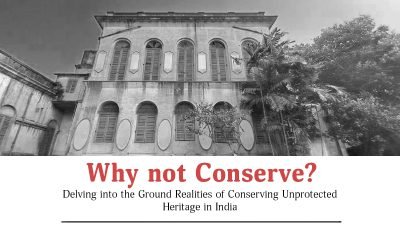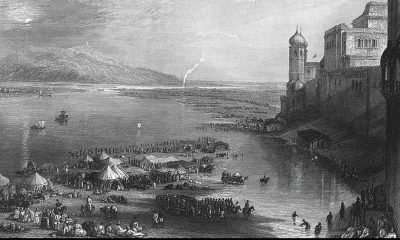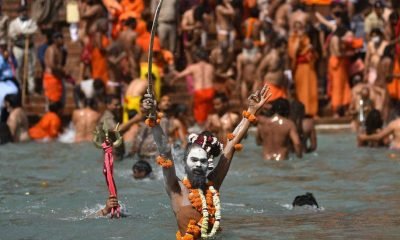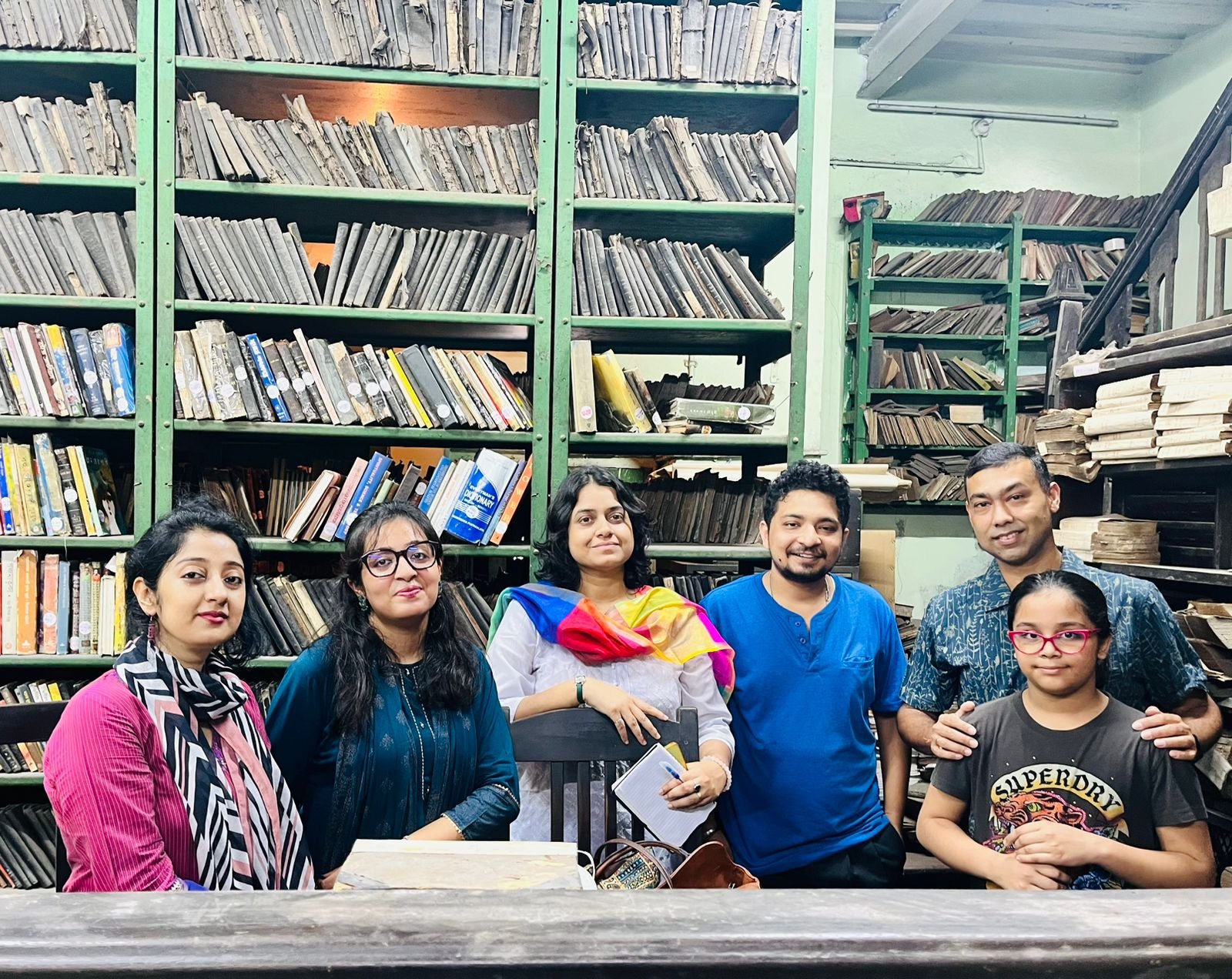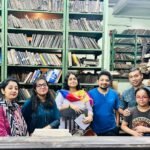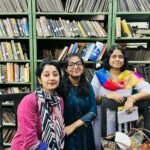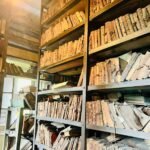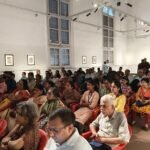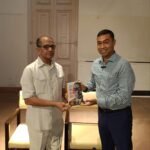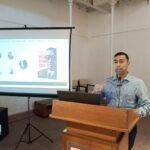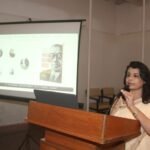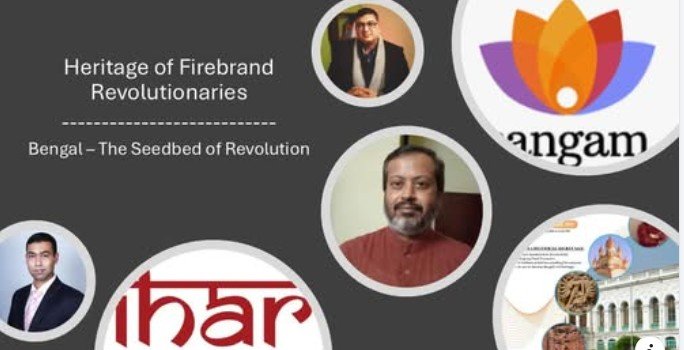The fourth session of the Annual Conference discussed the role of the revolutionaries in undivided Bengal. Bengal was the land of various revolutionary activities. The panelists brought interesting facts and analysis regarding the revolutionary movement. Hundreds of freedom fighters from this region took up arms against the British colonial rule. That period is known as the Agniyug. They suffered imprisonment, were sentenced to transportation for life, and even hanged to death. Still, nothing could demotivate them from serving their motherland.
As per the popular opinion of a section of historians, India became independent because of the non-violent struggle led by Gandhiji. However, we cannot rule out the contribution of the revolutionaries. The revolutionaries created fear in the minds of the ruling class. Swami Vivekananda inspired the revolutionaries. He promoted football and wrestling. Netaji Subhas Chandra Bose was particularly inspired by him. Vivekananda had said in 1897 that the religion for the next fifty years should be ‘Purna Swaraj’. The revolutionaries followed the speeches and writings of Swamiji.
Apart from that, they were influenced by Bankim Chandra Chatterjee’s Anandmath and the literature of the Carbonaries of Italy and Irish revolutionaries. They engaged in Shakti worship and took oaths in the name of Gods and Goddesses. They studied the Bhagavad Gita and Upanishads alongside arms training. Spirituality was an integral part of the revolutionaries’ lives.
Some argue that because of this cultural and religious aspect, Muslims were alienated from the freedom struggle. However, the Muslim community was given many privileges since the 1920s by Gandhiji, Chittaranjan Das, and Netaji. Despite this, it could not stop the Partition of India and the creation of Pakistan. The first Partition of Bengal happened in 1905, which was annulled in 1911 after the Swadeshi Movement. However, the British Government moved the capital from Calcutta to Delhi in the wake of the tremendous activities of the revolutionaries.
Prasun Roy has authored a book on Rash Behari Bose, which shifted the discussion to him. Rash Behari Bose was a revolutionary who was an out-of-the-box thinker. He attempted to assassinate the Viceroy, Lord Hardinge, in Delhi, though the attempt was unsuccessful. Remarkably, the very next day, he attended the Viceroy’s party in Dehradun. After his cover was blown, he fled to Japan.
The culture of Japan greatly matched that of India. Rash Behari took efforts to create a narrative about India in Japan. He convinced the Japanese to establish an independent army that would fight alongside them in Southeast Asia. The Indian National Army (INA) was formed, and he selflessly handed over the reins of the force to Netaji. Unfortunately, Rash Behari could never return to India and died in Japan before the country attained independence. His contribution to the freedom struggle was immense, yet most people have forgotten him.
Though Bengal played a significant role in the freedom movement, it failed to properly acknowledge his role later on. After the country was partitioned on religious lines in 1947, Bengal lost two-thirds of its land. The apathy of the Bengali intellectuals to give rightful recognition to the revolutionaries after independence is largely responsible for this. As a result, Bengal, which was actively involved in the politics of British India, became an insignificant player in national politics post-independence.
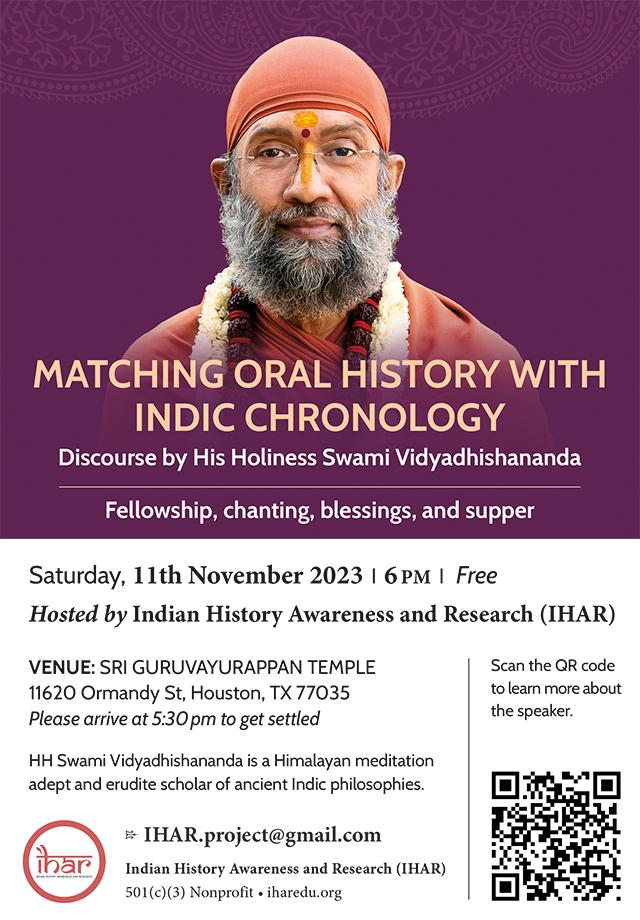

 Events2 years ago
Events2 years ago
 Videos3 years ago
Videos3 years ago
 Events11 months ago
Events11 months ago
 Videos11 years ago
Videos11 years ago
 Events9 months ago
Events9 months ago

